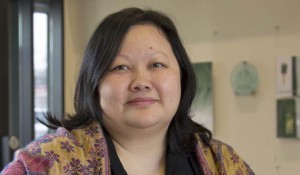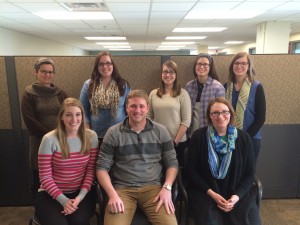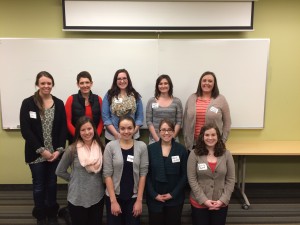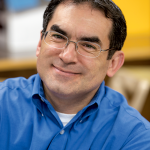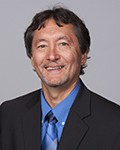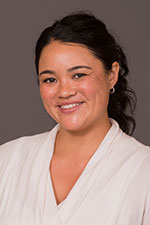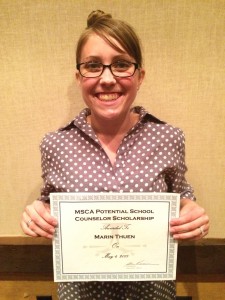 Marin Thuen, Counseling and Student Personnel Psychology student, is a recent recipient of the Minnesota School Counseling Association Potential School Counselor Award. She was recognized at the MSCA Conference in early May and selected over graduate school counseling students from across the state.
Marin Thuen, Counseling and Student Personnel Psychology student, is a recent recipient of the Minnesota School Counseling Association Potential School Counselor Award. She was recognized at the MSCA Conference in early May and selected over graduate school counseling students from across the state.
Thuen joined the University of Minnesota’s CSPP Educational Psychology program because she heard great things about the program and wanted to live in Minneapolis. Thuen is becoming a school counselor because she wants a job where she can make a difference.
Thuen is passionate about social justice and hopes to help close the educational achievement gap. She likes to help young people navigate adolescence, support them through their academic careers, and discover their talents and strengths. Thuen finds school counseling “very rewarding” and “an excellent opportunity to work with great students, families, and colleagues.”
During her time in the CSPP program, Thuen has worked with Dr. Marguerite Ohrtman. This year, she focused her studies on school counselor effectiveness. Thuen will graduate in May with a master’s degree. Following graduation, she will pursue her dream of becoming a school counselor.
We are pleased to honor this deserving recipient and wish Marin Thuen the best in her future endeavors!

 Nidhi Kohli
Nidhi Kohli

